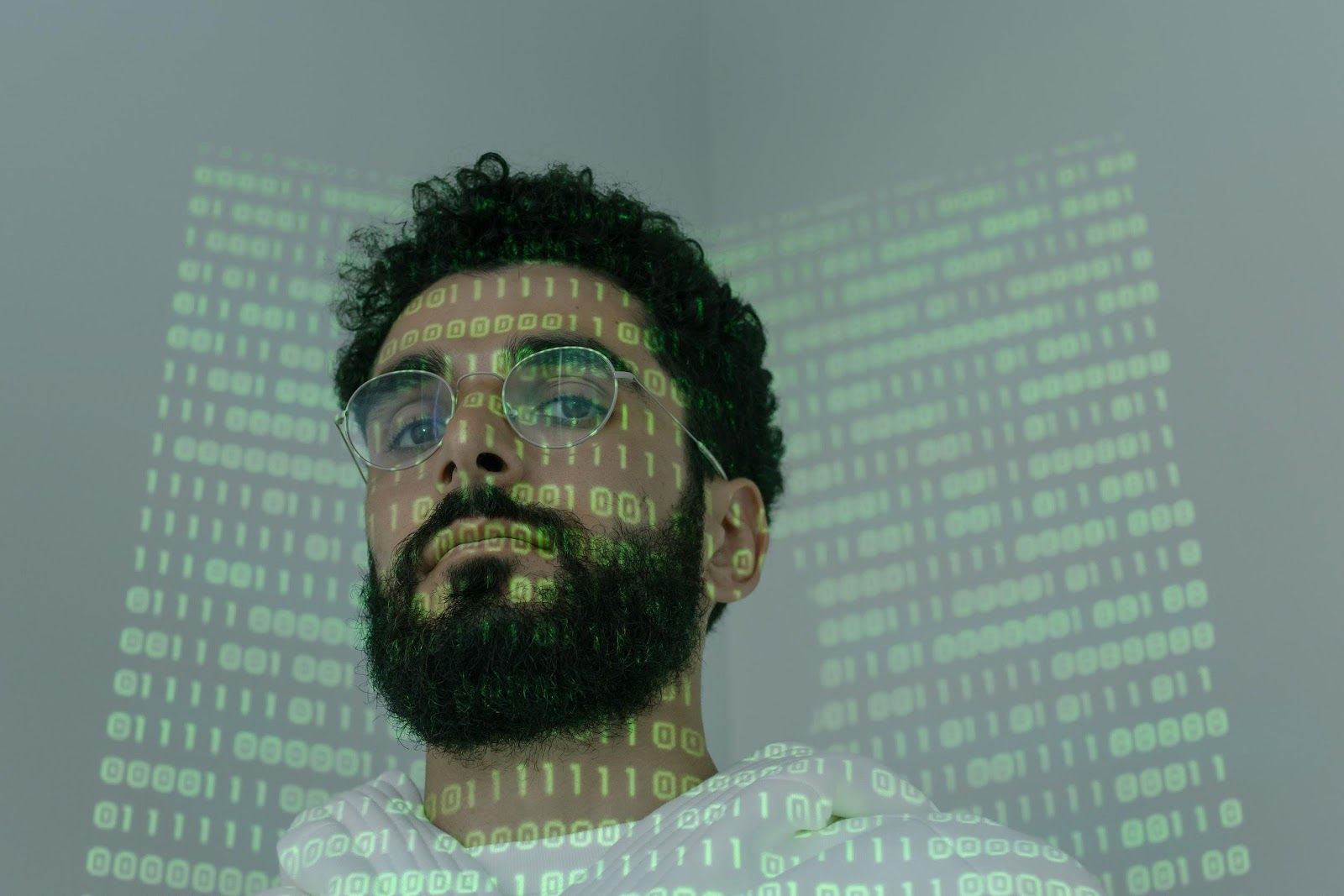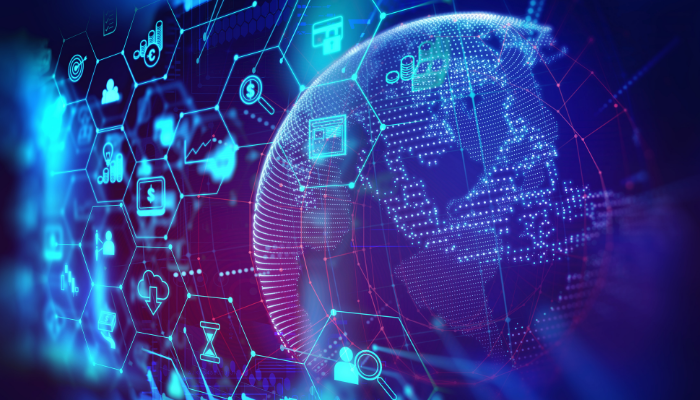
Cybersecurity is a field in high demand. With the modern shift to virtual systems and work processes, data security professionals have never been more needed. But these professionals are hard to find. An estimated 3.5 million unfilled cybersecurity positions are expected to be on the market in 2021.
Soon, we will see developments in cybersecurity that alter the prospects and roles of these open positions. Whether you are looking to enter the security field or are already a professional within it, understanding these developments will help you navigate the shifting world of information security.
Here, we take a close look at these three major aspects of future security: career prospects, cyber legalities, and technological advances. Here’s what you should know.
Career Prospects
The demand for trained cybersecurity professionals is not likely to go away anytime soon. In an attempt to meet the demand, we can almost certainly expect focused efforts in two primary categories: automation and future talent development.The word automation tends to evoke fear in workers in many industries. They fear the growing adoption of machines will displace their jobs. This does not need to be a fear for cybersecurity professionals, who need the power of automation to produce better results facing the unmet needs of the industry. Too many positions go unfulfilled within IT protection to make automation a significant worry for cyber professionals and up-and-comers. Instead, automation will streamline many aspects of security.Artificial intelligence is powering seamless security solutions. With the power of machine learning, protective systems are being fed huge sets of data that allow them to model breaches and compare every new system access point. The security AI can then flag a troubling event and isolate access to additional data until the problem is resolved. These systems mean security professionals can analyze massive amounts of information at incredible speeds. In turn, effective security can be possible even with minimal staff.Efforts to adopt AI automation in cybersecurity will no-doubt be a trend of the future. Additionally, we can expect further funding of educational and vocational programs meant to build up the next generation of cyber professionals. This will mean early education in technical processes and burgeoning workers taught from a young age how to interact seamlessly with technology.Shifting roles and developing tech may make it necessary for current professionals to continue their education. Earning a master’s degree in cybersecurity, for example, can help ensure your relevance in the field while also growing your potential salary. With a median annual salary of $99,730 for cyber professionals as of 2018, there is a very lucrative future out there for a highly trained security expert.
Cyber Legalities
 Understanding the legalities and privacy issues that come with cybersecurity is also an important aspect of the future of digital security. With privacy under siege all the time, experts have to understand their roles and liabilities in the protection of digital information.Right now, consumers are facing widespread digital threats that put their finances at risk. In the wake of the coronavirus pandemic, cyberattacks increased by as much as 250%. Such a dangerous virtual marketplace requires a commitment across industries to provide high standards of protection and data recovery. Already, the digital world has forced free speech and privacy laws to be rewritten to account for the new medium. Consumers have legal protections the cybersecurity professionals must rally to protect, staying up-to-date on new federal laws and policies surrounding protected data.Currently, invasion of privacy can result in costly damages and recovery processes. Businesses may be held liable for these damages, depending on their own security efforts and policies. Security professionals have to stay aware of how invasions of privacy like the following can be best prevented, even as hackers develop more efficient processes:
Understanding the legalities and privacy issues that come with cybersecurity is also an important aspect of the future of digital security. With privacy under siege all the time, experts have to understand their roles and liabilities in the protection of digital information.Right now, consumers are facing widespread digital threats that put their finances at risk. In the wake of the coronavirus pandemic, cyberattacks increased by as much as 250%. Such a dangerous virtual marketplace requires a commitment across industries to provide high standards of protection and data recovery. Already, the digital world has forced free speech and privacy laws to be rewritten to account for the new medium. Consumers have legal protections the cybersecurity professionals must rally to protect, staying up-to-date on new federal laws and policies surrounding protected data.Currently, invasion of privacy can result in costly damages and recovery processes. Businesses may be held liable for these damages, depending on their own security efforts and policies. Security professionals have to stay aware of how invasions of privacy like the following can be best prevented, even as hackers develop more efficient processes:
- Intrusion of solitude — Ensure cybersecurity protocols aren’t invasive into an individual’s private files and establish protections for this private information.
- Appropriation of name or likeness — Tech developments like blockchain and artificial intelligence and making it easier to verify authorized users and prevent fraud.
- Public disclosure of private facts — A security breach can leak information that was meant to stay private; security professionals must make a thorough effort to prevent this.
With a new administration in the United States, changes in data privacy laws will likely emerge. Cyber professionals must keep a close eye on these developments to ensure they are covering all their bases in ensuring consumer data security.
Technological Advances
 Technology is the final aspect of the future of cybersecurity that requires a closer look. Every day, innovations in software and machinery advance the capabilities of digital protections. These developments will play a substantial role in future cybersecurity processes, and some of the major ones are already emerging.From artificial intelligence to blockchain tech, these advancements will transform cybersecurity:
Technology is the final aspect of the future of cybersecurity that requires a closer look. Every day, innovations in software and machinery advance the capabilities of digital protections. These developments will play a substantial role in future cybersecurity processes, and some of the major ones are already emerging.From artificial intelligence to blockchain tech, these advancements will transform cybersecurity:
-
Artificial Intelligence and Machine Learning
The power of smart tools in cybersecurity makes for unprecedented security. An AI can be fed massive amounts of system breach data, enabling the machine learning process to learn from these breaches and develop better methods of preventing them.
-
Next-Generation Firewalls
Preventing data leaks is much easier with powerful firewall technology like Cloudbric. This tech uses logic analysis to recognize the characteristics of hacking attempts rather than directly known methods like firewalls of the past. The result is a secure protector that allows you to encrypt your private data within a network.
-
Blockchain Technology
Blockchains are secured and decentralized databases that offer enhanced data protection from anywhere. Because the data is secured over links connected by cryptographic chains, would-be hackers must obtain the computing power to decrypt an entire chain to tamper with information. This makes hacking such a system extremely difficult. With these technologies, cybersecurity professionals can better navigate privacy laws and data protection to provide a level of security never before seen. In the modern world of data vulnerability, integrating tech like this is a must. The future of cybersecurity looks bright with the power of tech, protective legislation, and a flourishing job market all on its side. These three aspects of the industry will drive future innovations and establish a safer digital marketplace for all consumers.In the meantime, interested parties should examine cybersecurity practices and tools that can maximize the security of your system today.





